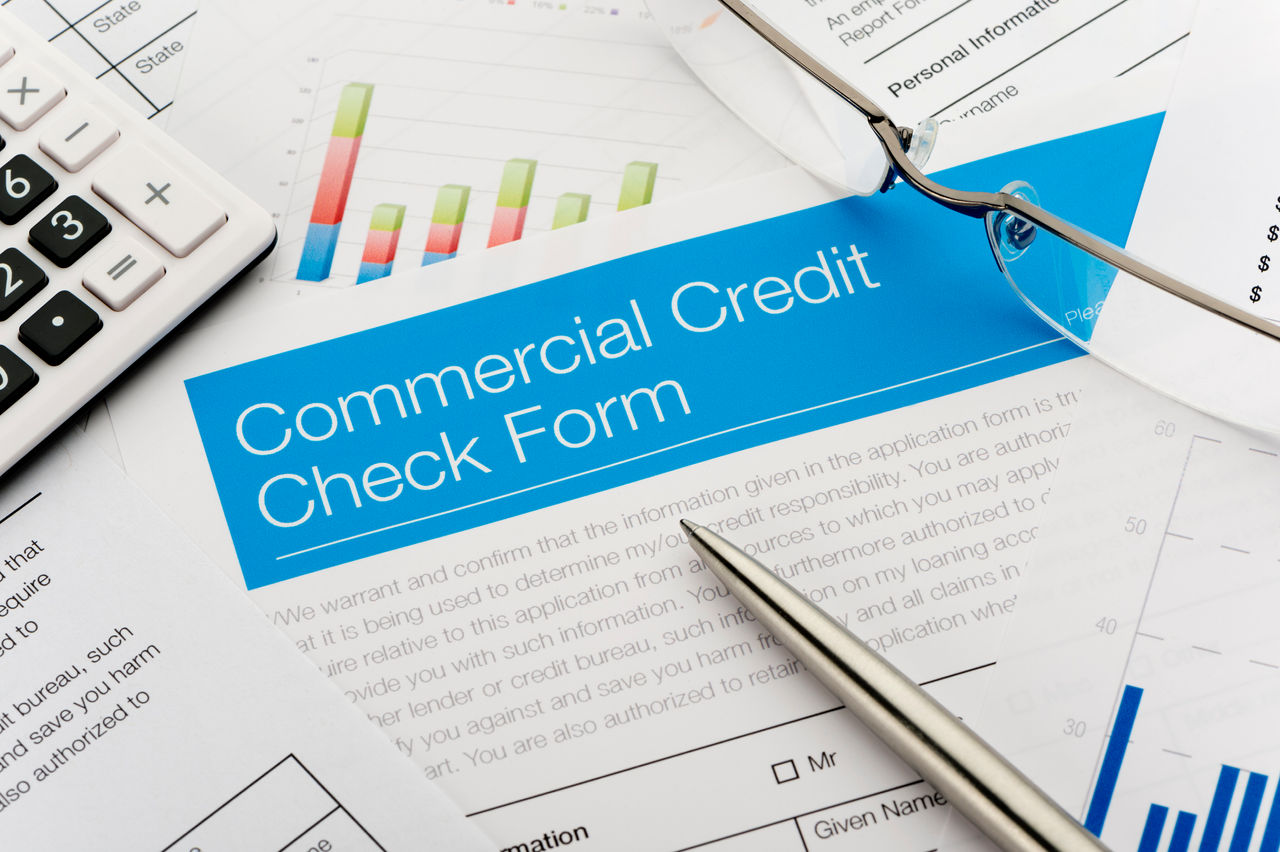Learn how businesses can protect themselves against identity theft, safeguard sensitive information, and monitor their online reputations.
Running a business has so many moving components; it can be hard to keep track of everything.
Although it may not be top of mind, you want to be sure you are doing all you can to protect your business’s reputation and take steps to prevent business identity theft. Better Business Bureau (BBB) has tips to help your business.
We often think of identity theft as a serious problem that affects individuals, but businesses are also at risk, and not just big name businesses. Criminals can steal a business's identity by gaining access to financial or other sensitive information. They also have a variety of ways in, including hacking, malware, phishing emails, swiping credit card info or even as far as finding old sensitive documents that have been improperly thrown out. BBB hosts Secure Your ID day and community shredding events to remind the public that identity theft is easily preventable; however, businesses should be vigilant about this issue and constantly ensuring they are doing all they can to protect their own and their customers' sensitive information.

Businesses should be wary of these red flags of identity theft:
- You receive a request to verify orders you didn’t place.
- You see unexplained changes to your business records.
- You receive phone calls from someone trying to verify an address for your business that is not associated with your company or that you cannot confirm.
- You receive invoices for storage, shipping or other services that you did not purchase.
- You discover purchases, loans, or credit accounts opened in your business's name without authorization.
- You are a victim of a phishing attempt or a business email compromise (BEC) scam.
- Customers reach out to you about orders, products, or services the business didn't process or offer.
- You receive a notification that a tax return has already been filed using the business's Employer Identification Number (EIN).










